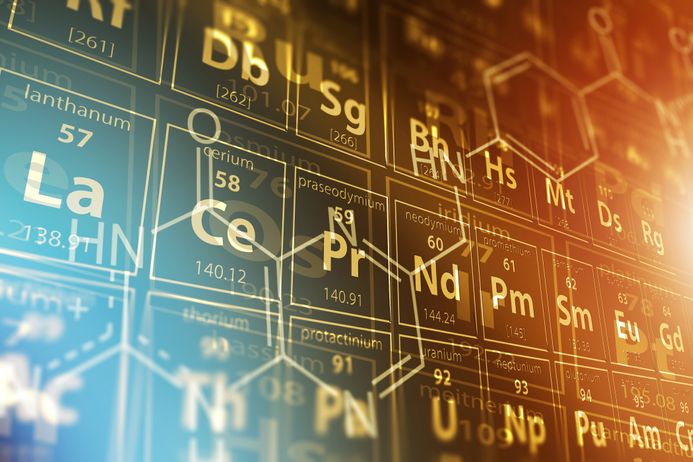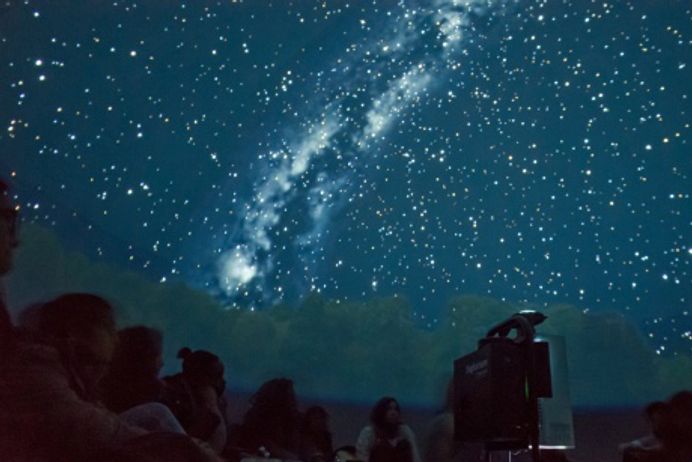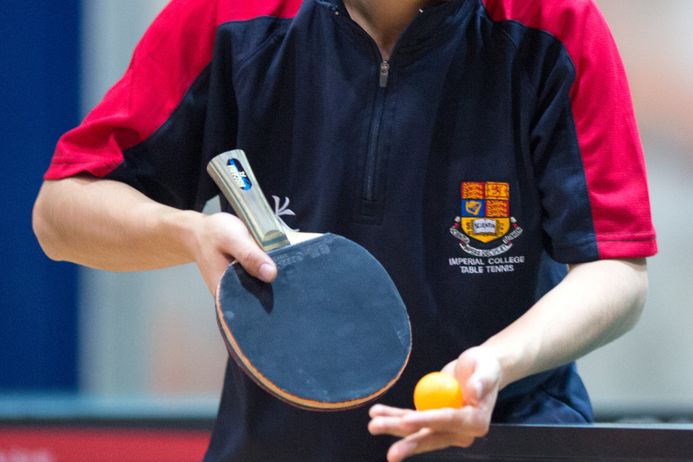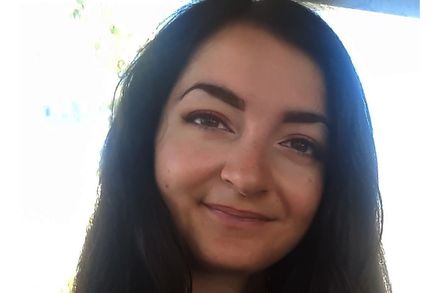I am a PhD student in planetary science at Imperial, affiliated with the Grantham Institute – Climate Change and the Environment. I am British and prior to my PhD, lived in the USA for two years where I began to apply my natural science background to all things space!
Interview with Mark
Hear from Mark, who is studying dust from space, about why he wanted to research this area.
Education
![]() GCSE (or equivalent): Maths, Chemistry, Physics, Biology, Religious Studies, Geography, Latin, French, English (Literature & Language)
GCSE (or equivalent): Maths, Chemistry, Physics, Biology, Religious Studies, Geography, Latin, French, English (Literature & Language)
A-Level (or equivalent): Maths, Chemistry, Physics, Religious Studies, Further Maths (AS)
Degrees:
• BSc Natural Sciences (Chemistry & Earth Science), Durham University
• MS Geology, University of Alabama, USA
• PhD in Earth Science and Engineering (on-going), Imperial College London
Detail about Mark
My research
My research focuses on tiny solid droplets, called microspherules, produced by various planetary and environmental processes, including the interaction of extra-terrestrial dust with the atmosphere. Though they are smaller than a human hair, these miniscule messengers carry information about our Solar System as well as the Earth’s past climate.
My inspiration
My grandfather was involved in the early days of British space research – seeing his models of rockets, I was inspired by their mission to explore and discover, and dreamed to be involved!
Who is your STEM hero?
Galileo Galilei – a polymath and natural scientist who proposed game-changing conclusions rooted in his observations. I’ve also appreciated Iain Stewart as a science communicator and geologist – he has a real awe for our planet and conveys the science in an engaging way.

Most significant discovery/invention?
The Periodic Table, set out by Dmitri Mendeleev – describing nature’s building blocks in this way has had huge implications for predicting chemical interactions on every scale, from atoms to galaxies.

Career options after study
- Planetary scientist (space agency)
- Museum curator
- Science communicator (observatory, planetarium, government adviser)
- Geologist
- Environmental scientist

My hobbies
Though not very good, I love to play table tennis (usually on a mis-sized table) and enjoy being outdoors – when not encountering bears or getting stuck in the mud (fieldwork can be quite diverse!).
Mark talks about his research
Mark talks about space dust and what it can tell us about the solar system and our own planet.
Learn more about others working in this area
Outreach Newsletter
Sign up to our newsletter and mailing list for updates about Outreach events and activities.




